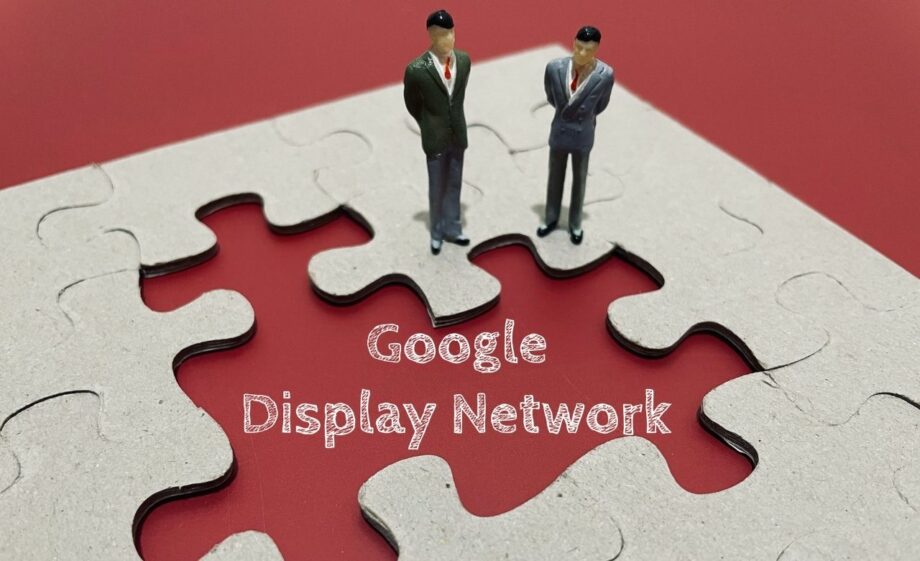Boosting Bids on Google Ads can be as engaging as ensuring that your business is listed in the local City Directory. But according to Andy Defrancesco, it is no longer the safest bet to be found, primarily when your business can potentially serve the entire world. But to get the most of marketing yourself and the products or services on the internet, you must learn to be proactive.
Google Ads is one of the means that you can invest in a more competitive form of marketing and promotion. It’s so effective that nearly 40% of the world’s digital marketing dollars are used on it. As a result, we’re now in a state of business, especially marketing, where the world’s customers continually watch an internet-enabled computer principally to conduct their researches. Make sure you have the best computer case for gaming to avoid any damage to the interior of your machine.
Boosting your search by focusing marketing efforts on Google is vital because it controls above 70% of the search engine traffic. Everything on the Google search engine begins with keywords. When people scan for something, whether handcrafted assets or an architect, to outline plans for a home, they teletype in a list of words related to that search. Under normal circumstances, the top outcomes in a Google search are based on the ‘quality of the content.
An extremely rated tradesman with an active website, lots of content, links, and positive reviews should ‘float to the peak of a search with strategically arranged and realized keywords. Retailing with Google Ads can appear unbelievable, but it gives you a lot of options and control. Let’s check out.
Learn the System
As significant as it might be fascinating to go in and begin letting automated arrangements do bidding for the business, this is highly inadvisable as your starting point. Instead, take the time to learn the Ads system, experience some of the basic principles following Pay Per Click marketing, or PPC, and grasp the relationships between different factors like keywords, content quality, and how these influence your ranking. Remember that if you continue bidding with a website and content that ranks high on Google’s quality rating system, you’ll spend lower prices for your bids.

Employ a Good Automation Strategy
Google Ads drives billions of auctions each month, and you don’t want to waste your time supervising every personal one. Fortunately, automated bidding processes are built in that allow you to set the parameters for how your bidding is adjusted and submitted. However, the real issue becomes, just how much automation should you be exercising? You should get the best combination of automated and hands-on bidding to guarantee that you’re getting the greatest for your funds. You don’t need to waste time competing in thousands and thousands of bids. But you don’t desire to be out of the loop about the algorithms that handle your bids!
Choose Good Metrics
Metrics are the lifeblood of obtaining favorable decisions. The data you receive will assist you in resolving whether you’re preparing something true or need to develop in some sections. The same with the metrics you go back from your bidding and the ticks you’re receiving on your ads. If you will like to understand this better you can always ask an expert like Bob Bratt.
Make Use of Your Bid Modifiers
Once you understand what metrics are necessary to you, ensure you examine and tweak the bid modifiers. Bid modifiers are an excellent way to get even more specific about micro-managing how your bids play in the bidding system. Of course, many variables will change, given the time of day, the day of the week, or even the type of bidding plan worked.

Awareness for Excellence
One of the things that Google estimates when determining how to address your bidding and pricing is your retailing quality. Ads quality is what decides just how much you’ll pay on your bid, and the more valuable your Ads quality, the lower the prices you’ll pay per click. A host of factors. Pay attention to stuff like having a good landing page, a decent balance of keywords, and the click-through rate. It means owning your website and content be in a stable, search-friendly appearance before you even begin bidding.
Generate a Bidding Plan
Once you experience automation, how the interrelated systems work, and which metrics to use, you should develop a stable bidding plan. Google Ads has a few specific bidding plans and approaches that you can adopt—and automate—but you’ll favor other options based on the type of effects that you aspire to view.
Don’t Make Constant Changes.
The Google search engine is all regarding machine learning. It continually examines incoming results and corresponds them with the aimed-for goals to improve its actions better to promote and match the wished-for outcomes. Given enough time, the algorithms eventually ‘catch up to what you’re doing and can help push your goals along. The reverse is true if you move too fast. Suppose you’re impatient or restless, and you find yourself always changing your goals and your subsequent bidding plans and strategies. In that case, you are essentially forcing the Google algorithms to ‘start over’ and collect new data for analysis and comparison.
Wrap Up
With Google Ads, firms enter bids in an auction to have their consequences for specific keywords heightened and prioritized with the Google search engine. Those successful bids appear right at the top of the list as ads and will be the principal thing people notice, even before the natural, organic search results. The more successful bids you get, the more frequently you will appear at the top of these lists. So, it’s essential to make sure you get the most out of your bids, and you can do that with the above tips.







